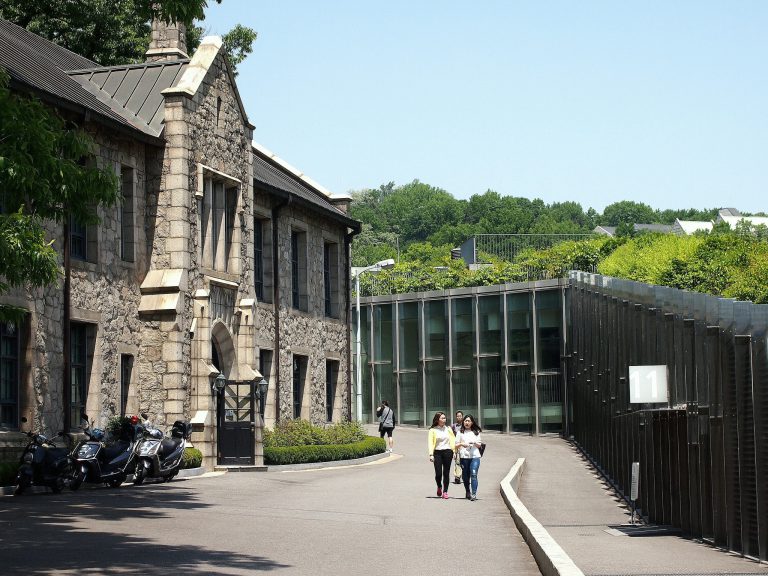
The South Korean government has announced plans to promote overseas expansion of the country’s universities.
The scheduled reforms will allow for the establishment of foreign branch campuses and boost international acknowledgement of the region’s inter-university courses, according to the Education Ministry.
“We will hear the voices of universities on the reform regulations and actively support overseas expansion of South Korean universities,” said Bae Sung-geun, head of the Ministry’s university policy office.
#SouthKorea: Universities consider options after relaxation of overseas #branchcampus regulations. https://t.co/uNlzzRNbvK #highered
— UniversityWorldNews (@uniworldnews) April 11, 2016
Reforms to the ‘regulation on establishment and management of universities’ were initially proposed by the Ministry last month, and are largely due to the ninth ‘trade-investment promotion meeting’ hosted by President Park Geun-hye, with the aim of promoting South Korean investment in overseas business.
Ministry officials plan to discuss the proposals until May 9th, and have implemented a demand survey to monitor support, which will run from April until June.
The amendments, expected to come into effect by August 2016, will streamline the process for developing branch campuses outside of Korean borders and allow foreign campuses to effectively use revenue produced by fees.
Students from Camborne enjoyed “a trip of a lifetime” to South Korea as part of an international education pro… https://t.co/Sa0ZGaTAGG
— Packet Newspapers (@ThePacket) January 24, 2016
Current regulations allow universities to build overseas offices with institutions that are actively teaching, but only if they are completely autonomous from the domestic institution in Korea, both legally and financially. As independent local entities, such branch offices must obtain the legal approval of the host government, and are unable to inject money collected from tuition fees into such facilities.
It is for this reason that no new Korean branch offices have been established overseas since 2011, when the current rules on foreign branches were first authorised.
Inha University, a higher education STEM specialist located in Tashkent, Uzbekistan, was first established in 2014 as a collaboration between Inha University, in Incheon, South Korea, and the government of Uzbekistan. In this case, the new university is an entirely separate entity from Inha, South Korea.
Inha University remains positive about the potential for overseas expansion but as of yet, claims to have no plans regarding the development of an overseas campus.
#international #education collaboration is the key to tommorrow #southkorea #study abbroad @seoul https://t.co/S1XeujOYdC via @SlideShare
— Michael Harris Ph.D (@michaelharrisdr) November 16, 2015
Seoul’s Korea University is excited by the prospect of foreign extension, already boasting dormitories in Canada and the UK for students pursuing dual degrees and short-courses in these regions. The institution also hosts overseas exchange programmes with universities based in Singapore, Australia and China.
Former presidents of the university have discussed the idea of establishing overseas campuses in the U.S., but Seo Min-kyoung, a spokesperson for the university, remains tentative. “Establishing overseas campuses was a vision of former presidents long ago and not a definite plan,” she said.
“An overseas campus is very different from the dormitories we have set up and we still have no plan to establish one. For now we don’t have a position on the government’s reform.”
Additional reporting by University World News.
Image via Pixabay.
Liked this? Then you’ll love these…
Fourteen percent rise in foreign students headed for Korea
Canada rebrands international education scheme and launches EduCanada








